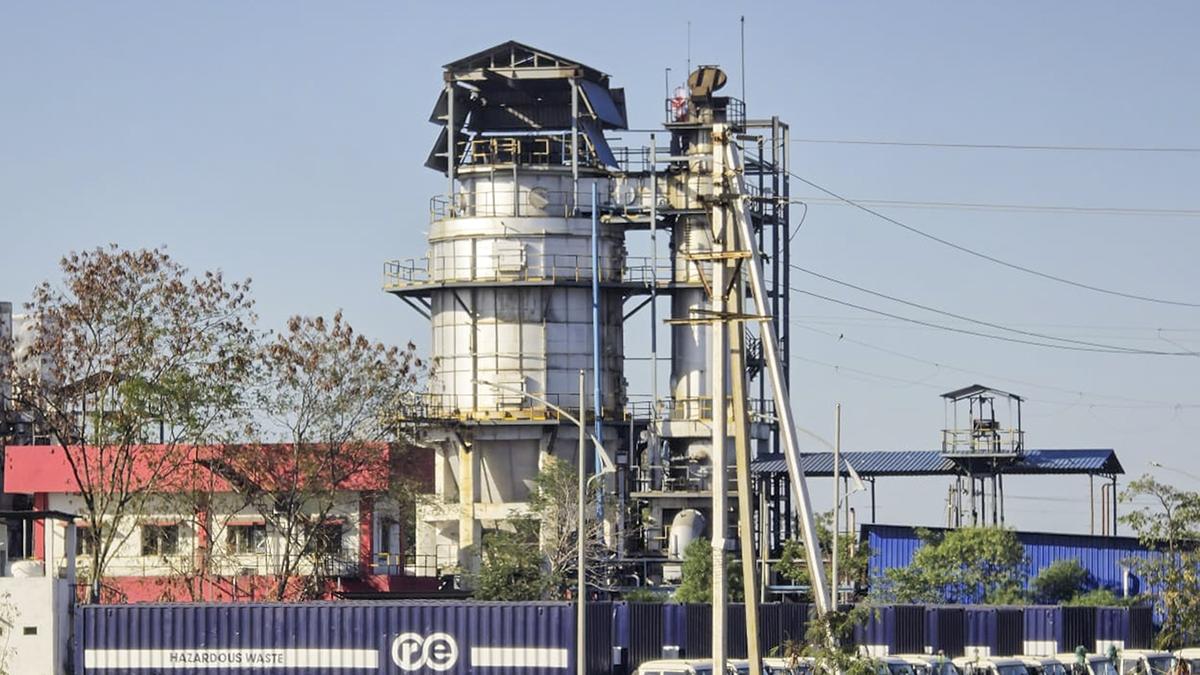
First trial of Union Carbide waste disposal begins
The Hindu
First trial run of disposing 10-tonne Union Carbide toxic waste in Pithampur begins after Supreme Court's decision.
The process to conduct the first trial run of disposing of a 10-tonne batch of the Union Carbide’s 40-year-old toxic waste began at an incineration facility in Madhya Pradesh’s Pithampur on Thursday, an official said. The steps were initiated after the Supreme Court declined to intervene in the matter.
Manoj Kumar Singh, Superintendent of Police, Dhar, told The Hindu that 10 tonnes of the waste had been unloaded from the containers and the bags were being opened carefully. The incineration process would likely start early Friday after undertaking all the necessary safety measures, he said.
The process began shortly after the Supreme Court rejected a petition that had challenged the Madhya Pradesh government’s plans to dispose 358 tonnes of Union Carbide waste in Pithampur. The top court also refused to stay the three trial runs of 10 tonnes each, allowed by the High Court on February 18.
The chemical waste, which had been lying at the now-defunct Union Carbide India Ltd (UCIL) factory in Bhopal for more than 40 years since the December 1984 gas tragedy that killed thousands, had been transported to a private waste treatment facility in Pithampur industrial town near Indore on January 2. The move had caused a massive uproar in and around the town in Dhar district, forcing the authorities to delay its plans.
The preliminary work for the trial run had been done in advance and the process was initiated after the Supreme Court’s decision not to intervene.
“It’s a long process before the waste burning begins. Opening the packaging has started, after which the waste will be loaded into the unit very carefully,” Mr. Singh said, adding that a dry run of the incineration machines will be conducted at night so that the unit is well-heated before the waste is loaded.
“It takes some 8-10 hours for the machines to heat up and get ready for the incineration,” he added.













